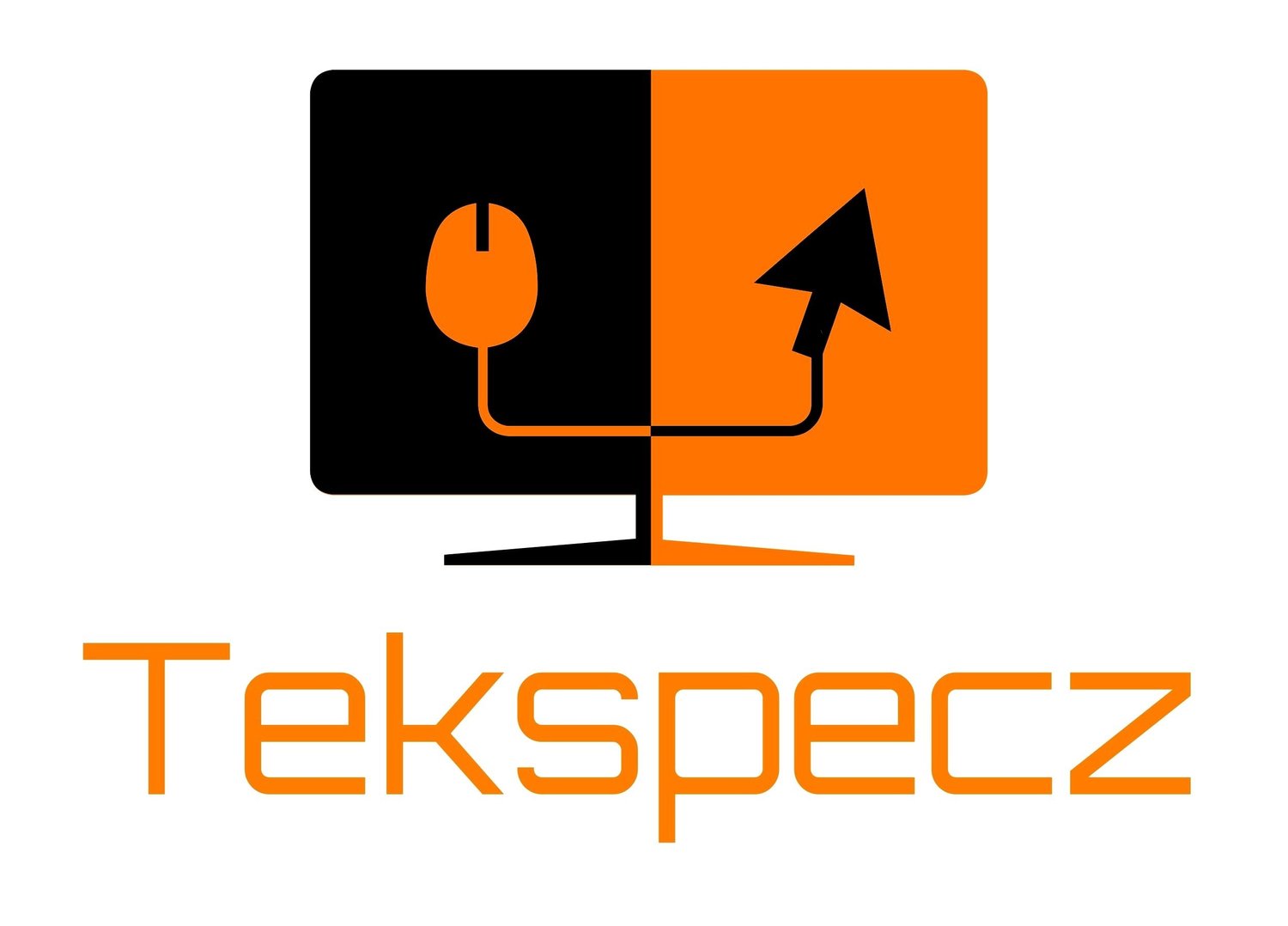Thus far with the AMD Ryzen processor seeing success in the consumer market, its safe to say the company have risen to levels of respectability in a market which has long been dominated by Intel. AMD have other products on the horizon that's garnishing a lot of attention such as the Ryzen Threadripper processor which AMD is touting it as the most powerful consumer chip around, and how can you not get excited about AMD's newest flagship graphics card, the RX Vega. But just when you thought AMD were done unleashing new hardware, we have yet another product launch from AMD the EPYC 7000 Series server processor, taking aim at Intel's Xeon processor server lineup.
Here's what you need to know about the AMD EPYC 7000 Series processor in so many words or less.
Although the AMD EPYC series processor produces several variants (12 models to be exact), lets examine the specs on AMD's top of tier chip which is the EPYC 7601. Starting with 32 high-performing "Zen" Cores, 8 DDR4 channels, up to 2TB of memory per CPU, 128 PCIe lanes, 64 MB L3 cache, with 64 CPU threads, a 2.2 GHz base clock and a 3.2GHz boost clock. Now this particular processor draws a lot of power sporting a 180W TDP which means you'll need a quality cooling setup to keep this processor at a stable state.
In outlining some of the processors impressive features, it appears that AMD main target is both the single (1P) and a dual (2P) socket systems which by the way make up a great portion of the server market share by 90%. The entire processor lineup is based solely off of AMD's Zen core foundation, using a multi-chip package.
Probably the most interesting features within the EPYC 7000 have many MB's of L3 cache that's present within this processor going up an astounding 64MB with the low tier model ( EPYC 7251) having 16MB L3 cache.
In terms of performance, AMD have boasted that the entire system will be based on the EPYC 7601 achieving a SPECint_rate2006 scoring a 2360, which is the highest score achieved by any two-socket system. the one-socket system, the one-socket system on a 7601 it scored a 1200 which according to AMD beats the scores of several one-socket x86-based systems.
The specs and performance on the AMD EPYC series processor is impressive on paper, how it really performs in real time remains to be seen. I'll be posting benchmark numbers once the chip is release to market.





